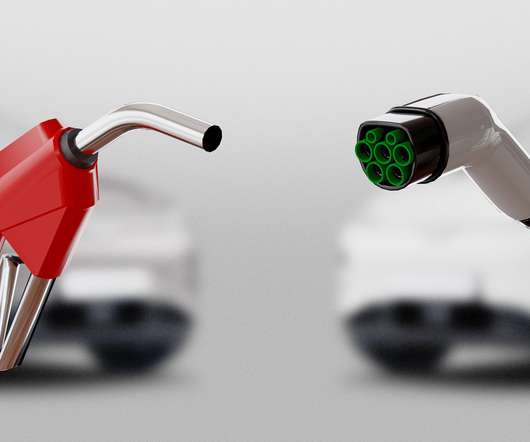UC Davis report finds LCFS compliance costs may rise rapidly; recommends offsetting measures
Green Car Congress
DECEMBER 30, 2013
Additionally, neither mechanism would compromise the greenhouse gas reduction goals set by Assembly Bill 32. The LCFS program calls for a 10% reduction in the carbon intensity of fuel sold in California over the next decade. Obligated parties are upstream producers and importers of gasoline and diesel fuel sold in the state.



















Let's personalize your content